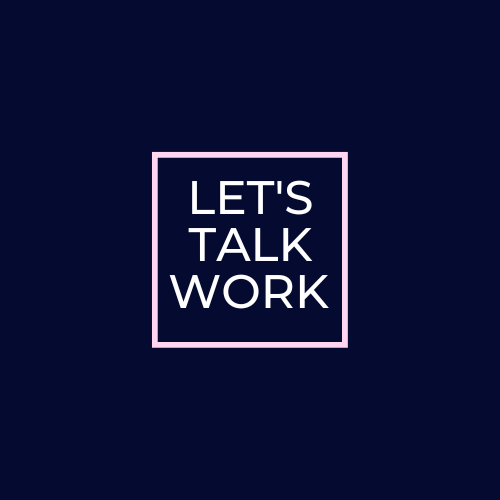How to negotiate difficult work conversations like a Buyer
Do you avoid having uncomfortable conversations at work? The majority of people do and more often than not it’s because of the fear of the unknown.
I have experienced many difficult conversations throughout my career, whether it was during a negotiation for a multi million £ contract with a huge organisation or while legally representing myself during my employment tribunal, many of the same feelings came up… fear, anxiety, discomfort.
Here I will share some of the lessons I’ve learnt along the way to help you take control of your conversations at work.
Be brave and take the first step to arrange the conversation. Ask for a suitable date and time with the relevant person and book a meeting in a place where your co-workers can’t hear what you are talking about.
Ahead of the meeting do lots of preparation. Make notes as and when you think of what it is you want to discuss. Take time to write up your notes before the meeting and sort them into the order you want the conversation to flow, this will make it clear that you are organised and serious.
Familiarise yourself with the relevant internal documents to understand your organisations processes and policies for example Flexible working policy, Grievance process. If the policies and processes aren’t easy to access check the ACAS website as they explain the legal requirements that employers have got to comply with.
Anticipate any resistance or challenge from your organisation. Prepare solutions or reasons why their concerns are not an issue. Have examples ready to discuss.
During the meeting remember to take your time; don’t rush your words and focus on your breathing to help you remain calm. Allow silence to happen, don’t feel the need to keep talking, take a sip of water if it prevents you from talking too much.
Refer back to your preparation notes in order to keep the conversation structured and ensure everything you want to discuss is covered off. Use words carefully and consider your language for example rather than saying “I can’t do this” say if “I do X then Y will not be done”.
Clearly articulate your needs and why they are important; if you don’t tell your organisation how will they know. Organisations are not mind readers they need to be told what you need from them especially if your circumstances have changed because of a significant event like pregnancy, birth, adoption, illness. Explain how the organisation is able to meet your needs and highlight the benefits for all involved i.e. you, the organisation, your manager, your team. Be clear and specific at all times.
Take detailed notes during the meeting.
Consider whether it might help to have a reliable person to act as a witness and attend the meeting with you for moral support or as a note taker. After the meeting you’ll be able to check back that you have remembered things correctly and they might also be able to offer useful and constructive advice.
Throughout the meeting manage your emotions, focus on facts rather than the other persons opinion and or response. Don’t be intimidated by the seniority of the other person. Ask questions, find out answers to anything you are not clear about, you should not be expected to have all the answers.
Don’t commit or agree to anything or provide final answers until you’ve had time to reflect after the meeting.
Set out and agree clear timelines to achieve the desired outcome. Create calendar reminders for the deadlines that are agreed so that you don’t forget to follow up after the meeting.
Be clear in your own mind what your options are if an agreement cannot be found and you’ve compromised all that you can, you don’t have to follow through with the options and the options can change as the negotiation progresses but it’s psychologically important for you to know you have options.
Take time to reflect on the meeting, speak to your note taker if you had one. Summarise your meeting notes, include clear actions and deadlines. Following the meeting circulate meeting notes to the attendees to create a paper trail record.
Understand what the escalation steps are if the person you have the meeting with doesn’t go as planned.
Prepare to feel uncomfortable but remind yourself that you are more than capable of having difficult conversations. You are a valuable asset to the organisation, with skills that need to be retained, it costs a lot more to recruit than it does to retain people.
Often having transparent and planned conversations results in positive outcomes for all. It may feel strange compared to the conversations you usually have at work but taking a structured approach means there is less risk of ambiguity, frustration and resentment. Avoiding a discussion out of fear of being considered difficult and/or rocking the boat will not serve you in the long term.
If you want more detailed support on preparing for a negotiation meeting please get in touch. You can find me on online at www.letstalkwork.co.uk and through my Instagram account: Lets.Talk.Work
